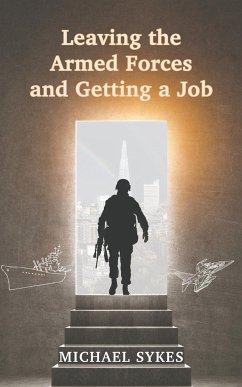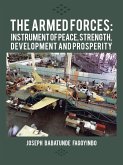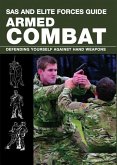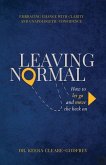As many ex-service personnel will agree, the move from military to civilian life is often difficult and can be complicated. For a few, it can even be traumatic. After the armed forces, with its routines and traditions, civilian life may appear straightforward and informal. It is not. It has its own way of doing things which can be difficult to understand. Finding work to suit individuals may require re-thinking a person's outlook, attitude and priorities, both in life and in work. As a former armed forces person with wide and recent experience of recruitment, the author offers a comprehensive guide to dealing with the changes from military to civilian work. There is practical and useful advice on where to look for a job, how to write effective CVs/resumes to catch the eye of recruiters, how to prepare for interviews, and deal with job offers. The book also describes different company structures and departments as well as what to consider when starting up your own business. Leaving the Armed Forces and Finding a Job will prove an eminently practical tool for service personnel of all forces and all ranks. .







